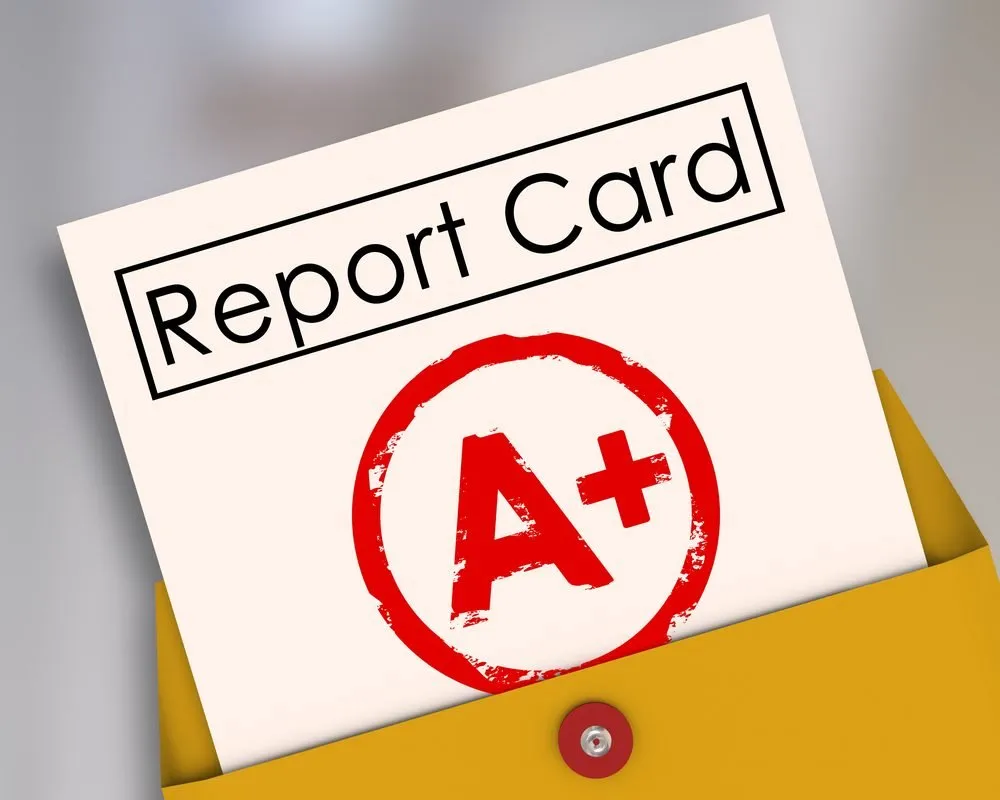If you want to finish your master’s degree, but you’re not graduating with a 3.0 or higher, do not give up. You can enroll in an accelerated program and still graduate by taking classes at a community college.
The only difference is that it might take longer to finish your program of study because it will be broken up into semesters which are shorter than the period it takes to complete one full year of credits at a university or 4-year college.
If you’re worried that after taking courses at the community college, you will be required to take more classes or not be able to graduate with your master’s degree if you don’t receive a 3.0 or higher, don’t bother.
Give yourself enough time to finish your program of study. You can continue taking courses at the community college (or transfer to another university or 4-year college) until you earn a 3.0 or higher, without any problems.
For example, if you enroll in your master’s degree program’s first semester and do not transfer to a university or 4-year college right away. It is doubtful that you will earn a 3.0 or higher by the end of that semester.
This means that you will need to continue taking courses at the community college (or transfer to another university or 4-year college) until you earn a 3.0 or higher.
Assumed that if you attend a university or 4-year college, you will continue to take additional courses. If you are enrolled in graduate school, the same is true. You can always continue taking classes at graduate school until you finish your degree, with no problems.
Since universities and 4-year colleges are looking for students who have already finished their degree programs with a 3.0 or higher, if you enroll in another university or 4-year college (or graduate school), you might be required to finish your degree faster than the typical time needed to finish your degree (usually 1 to 2 years for a master’s degree, depending on which courses you are taking).
For Instance, if you are planning to take 1 year to complete your master’s degree, based on already having earned a 3.0 or higher in your previous degree program, but you are required to transfer to another university or 4-year college to earn your master’s degree because you did not earn a 3.0 or higher in your previous degree program, then you might have to complete your master’s degree within 6 to 9 months, instead of 1 year.
There are situations where you might be required to take more time to complete your master’s degree. These situations include being enrolled in a school with a heavy course load or being highly motivated and intelligent. Some students who have earned a 3.5 or higher in their previous degree program might be required to take at least one full year to complete their master’s degree based on the transfer situation described above.
In that case, you would have to complete your master’s degree between 1 year and 5 years from the time you were originally admitted to the school. If you take more time than necessary to complete your master’s degree, it is often possible for a university or 4-year college to change the term of completion based on the transfer situation described above.
If a student has earned a 3.5 or higher in their previous degree program and is transferring to a school with a heavy course load, they might be required to take up to 3 years to complete their master’s degree.
You can always continue taking courses at the master’s school until you earn a 3.0 or higher, but that could take anywhere from 2 years to 5 years.
Since universities and 4-year colleges are looking for students who have already finished their degree programs with a 3.0 or higher, if you enroll in another university or 4-year college (or graduate school), you might be required to finish your degree faster than the typical time needed to finish your degree.
Knowing what is required to earn a 3.0 or higher is one thing, but knowing when to attempt it is equally important.
So should you attempt to earn a 3.0 or higher? Yes, because universities and 4-year colleges are looking for students who have already made a 3.0 or higher in their degree program, the university or 4-year college you plan to transfer to should have a course load of fewer than 15 hours per semester. The same should also be valid for the university or 4-year college to complete your master’s degree.
List of grad schools that accept 2.0 GPA
(GPA subject to change, please check with the admissions department for each university)
- George Washington University
- Texas Tech University
- Northeastern University
- University of Michigan-Ann Arbor
- Pace University
- University of Arkansas
- Georgia Institute of Technology
- The University of Illinois at Urbana-Champaign
- The University of Minnesota at Twin Cities
- The University of Illinois at Chicago
- University of Southern California
- Georgetown University
- Emory University
- University of Colorado Denver
- University of California at Berkeley
- University of California at San Diego
- Indiana University Bloomington
- The University of Maryland at College Park
- The University of Texas at Austin
- University of Maryland College Park
- University of California at San Diego
- George Washington University
- University of Miami
- University of Arkansas Little Rock
- Pennsylvania State University at University Park
- University of California at Davis
- Boston College
- Tulane University
- University of South Florida
- North Carolina State University at Raleigh
- The University of California at Los Angeles
- Florida State University
- Temple University
- Texas A&M University
In conclusion, Why does the graduate school require you to get a 3.0 or higher to earn your master’s degree? Because universities with 4-year college are looking for students who already have completed their degree programs with a 3.0 or higher.
Check Out Our Latest Post Transferring Colleges Junior Year (Tips To Know) – College-My Degree (collegemydegree.com)
Image By Depositphotos RM verified.




